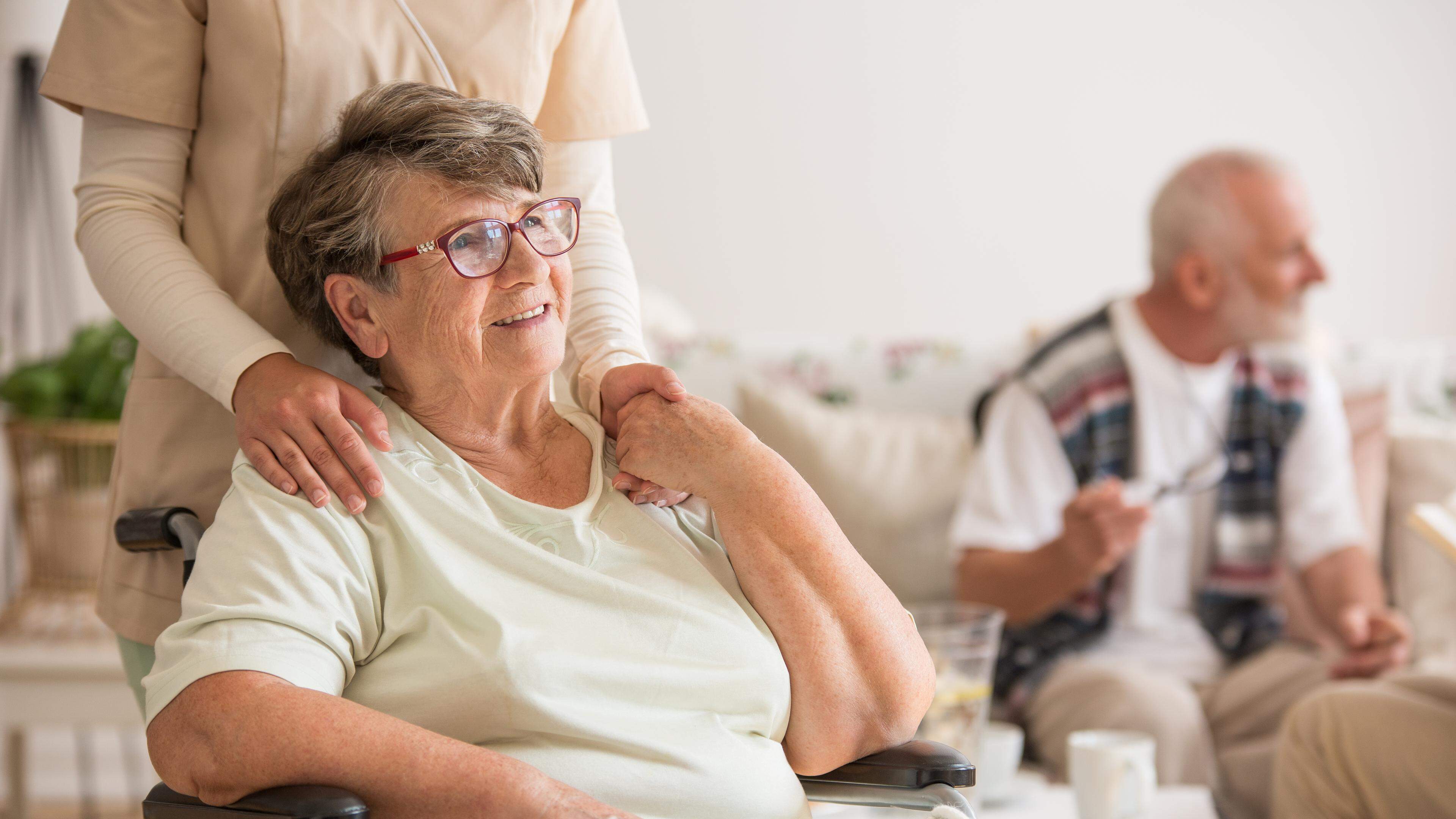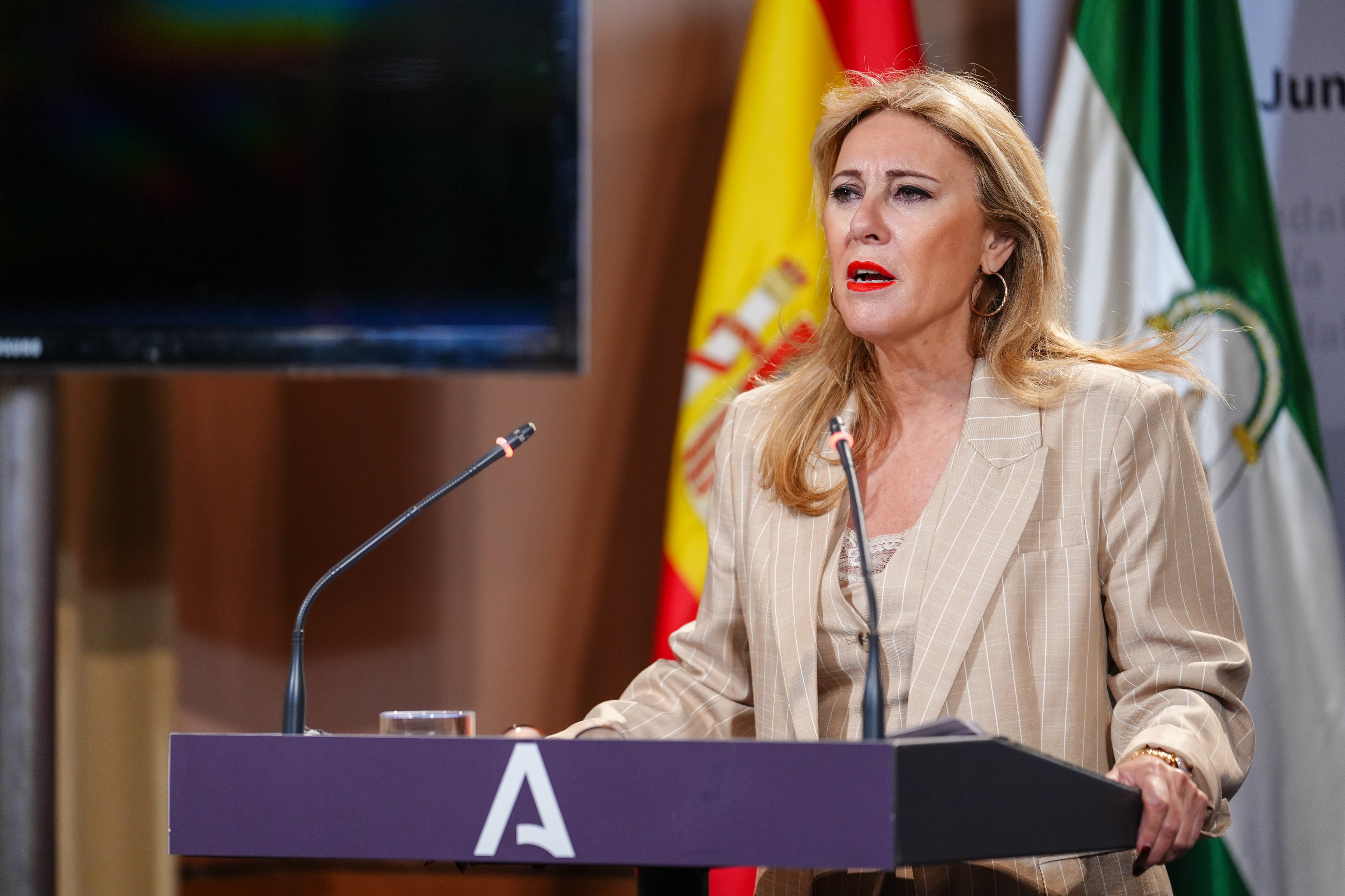Older cancer patients are underrepresented in Europe’s guidelines

Europe misses the reality of demographic change in cancer supply. Although older adults make up the majority of cancer, their special needs in national guidelines of many countries are largely disregarded. This is the alarming result of a new overview studywhich was carried out by the Luxembourg Institute of Health (Lih) in cooperation with the International Society for Geriatric Oncology (SIOG).
Under the direction of Dr. India Pinker, postdoctoral at the Lih, and supervised by Dr. Sophie Pilleron within the research group « Aging, Cancer and Disparities » (ACADI), 187 national guidelines from 31 European countries were analyzed. The focus: The five most common types of cancer – chest, prostate, intestines, lungs and bladder.
Needing needs in Eastern Europe and Luxembourg
The result is sobering: in the majority of the guideline documents, specific recommendations for older people are completely lacking or are only superficial.
« Older people make up the majority of cancer patients, but many guidelines are not designed for their needs, » explains Dr. Pinker. « Our research shows a blatant lack of specific, evidence -based recommendations for this complex patient group. »
Our research shows a blatant lack of specific, evidence -based recommendations for this patient group.
Dr. India Pinker
Luxembourg Institute of Health
The study reveals a clear north-south and east-west gradient within Europe. While countries such as France, Germany and Sweden begin to develop age -specific guidelines, many Eastern European countries lack resources for updating or creating such documents.
According to the researchers, Luxembourg, for example, only had two at the time of the examination national guidelines For intestinal and lung cancer. Only the intestinal cancer guideline contained indications of the treatment of older adults- with emphasis on the individual state of health and function.
Research -related rethinking
A central problem is the lack of data. Older people are still rarely included in clinical studies. This means that evidence -based recommendations for this group are simply missing. There would also be structural barriers: economic hurdles in less wealthy countries, a delayed introduction of innovative therapies and a lack of interdisciplinary cooperation between oncology and geriatrics.
Dr. Pinker and her team are therefore calling for a clear rethink: away from general age limits to individual treatment strategies. « This is the only way to improve the quality of life and survival of older cancer patients, » said Pinker.
Researchers from Luxembourg want to improve running shoes
The study sees itself as a wake -up call for politics and medical specialist societies. « The cancer supply must map demographic change, » warns Pinker. « This study is intended to highlight the importance of evidence and geriatric expertise in guideline development. » This can reduce age -related inequalities and the health care make sustainable.








